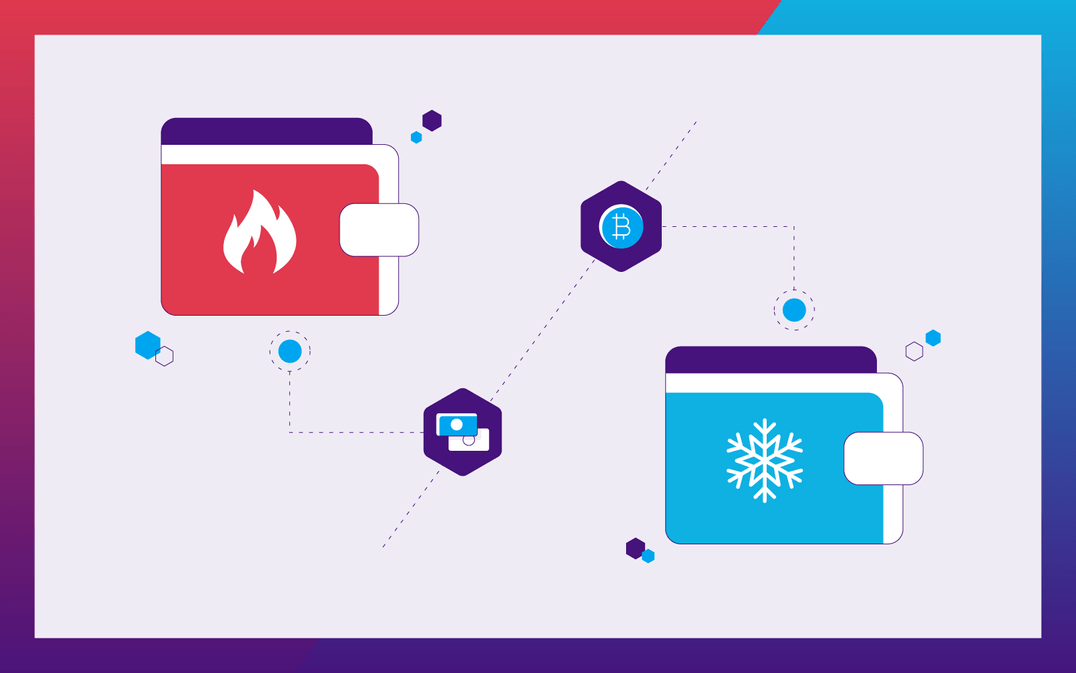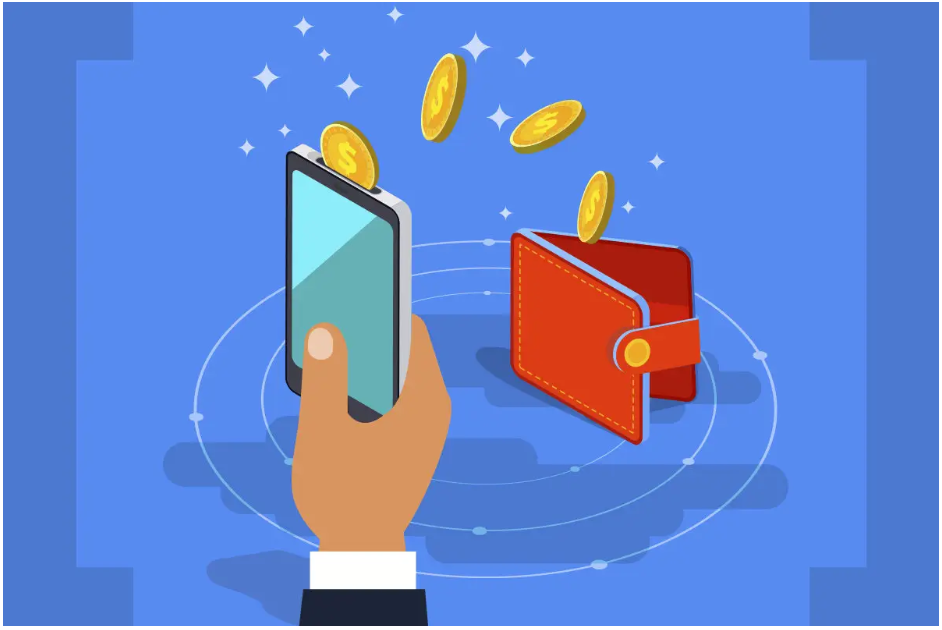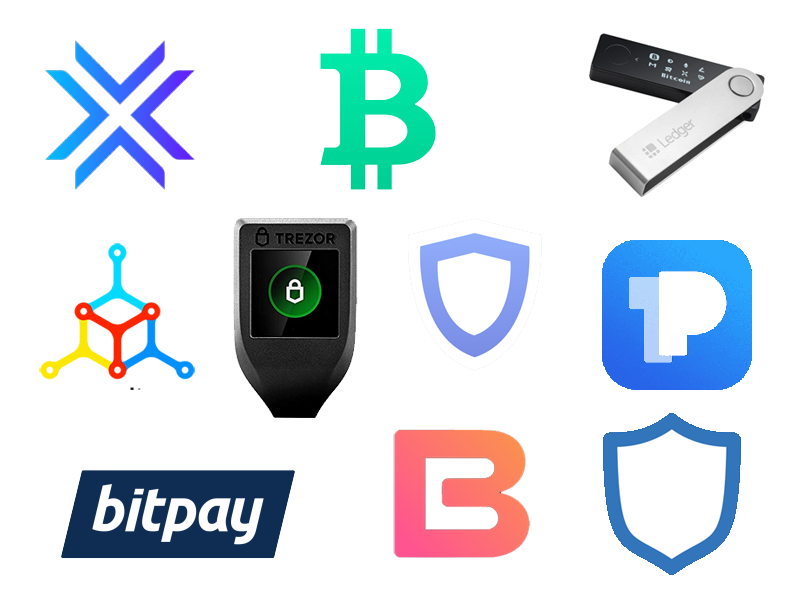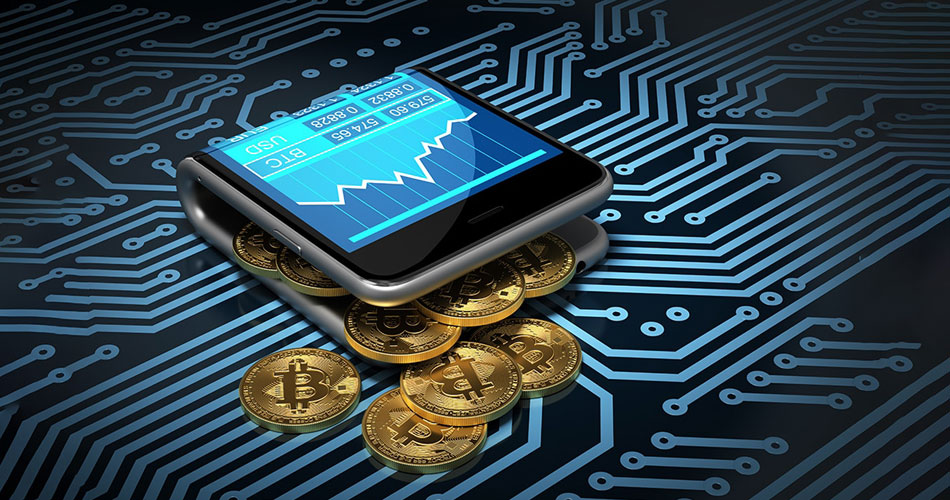Great Info For Selecting Cryptocurrency Wallet Apps
Bitcoin (BTC),: Bitcoin is a digital currency operating on a peer-to–peer (P2P), network. It is a system that processes and validates transactions. It was established in 2009 as the very first decentralized cryptocurrency, and is still the biggest and most well-known cryptocurrency in terms of market capitalization.USDT (Tether) The USDT (Tether) is a stable cryptocurrency tied to the US dollar, meaning its value is intended to remain stable relative to the US dollar. USDT is available in a variety of blockchain networks, such as Omni (a Bitcoin-based platform), Ethereum (ERC-20), Omni, and many other networks.Ethereum (ETH). Ethereum is a distributed, open-source blockchain platform. This platform allows for the creation and execution of smart contracts, as well as applications that are decentralized (DApps). Ethereum, in addition to Ether(ETH) is a cryptocurrency which allows for the creation and exchange custom tokens.
Litecoin(LTC): Litecoin can be described as a decentralized digital cryptocurrency which is based on the Bitcoin protocol. It does have numerous key differences, including an increased time to create blocks and a completely new hashing algorithm.
Monero (XMR): Monero is a cryptocurrency that is focused on privacy. It utilizes a variety of features including secure addresses and ring signatures to improve the security and privacy of transactions.
TRON (TRX), A cryptocurrency and blockchain platform that is decentralized. created to facilitate the creation, use and sharing decentralized applications (DApps) as well as content sharing, and much more. TRON is aiming to create an international digital content network by utilizing blockchain technology and peer-2-peer (P2P) technology. See the top xmr wallet app for blog info.

10 Things I Must Know About Bitcoin Apps For Wallets
Purpose of Bitcoin wallet apps These apps are designed to store bitcoins, to send themto others, and also take them back.
Key features: Look for wallets with the most important features, such as security (e.g. Secure backup and recovery) and easy use are key characteristics of the wallet.
Safety: Make sure your bitcoins are in a secure wallet . Also, enable two-factor authentication.
Keys for private and public The bitcoin wallets have an public key that is used to receive bitcoins as well as a private key that can be used to access and sending bitcoins. Your private key should be secured and safe.
Get bitcoins Use your public key to share with the sender to get bitcoins
Sending bitcoins
Transactions: All transactions made using bitcoin wallets are stored in the blockchain. This is a publicly accessible account of all bitcoin transactions.
Fees: There are fees for transactions that are made through wallets. Consider the fee structure before choosing the right wallet.
Updates: Make sure your wallet is current by keeping it up to date with security updates as well as fix bugs. Have a look at the top trusteeglobal.eu/usdt-wallet/ for blog info.

10 Things You Should Learn About A Litcoin Wallet
Purpose: A Litecoin wallet is a software application used to store, send, and receive Litecoin (LTC), a cryptocurrency.Types: There are different types of Litecoin wallets, including software wallets, hardware wallets, and paper wallets.
Key features: Choose an Litecoin wallet that offers important features like security (e.g. security backup and recovery options) as well as user-friendliness.
Security: Make sure you keep your LTC safe in a wallet. You might also consider two-factor authentication. Securely keep your private key.
Keys that are private and public A wallet for Litecoin includes a public key for receiving LTC as well as a private key for accessing and sending LTC.
LTC Reception Sharing your Public Key with the Sender to Receive LTC
Sending LTC To send LTC to a recipient, you need to enter their public key along with the amount you wish to transfer.
Transactions: Any transactions made with a Litecoin wallet will be documented on the Litecoin Blockchain, a public ledger that tracks every LTC transactions.
Speed: Litecoin transactions take 2.5 minutes to verify and are much faster than Bitcoin transactions.
Fees: Litecoin transactions might be cheaper than Bitcoin transactions. This makes it an attractive option to make micropayments. Have a look at the most popular usdt wallet for more info.

10 Things To Know About A Tron Wallet & App
Purpose: A TRON (TRX) wallet is a software application used to store, send, and receive TRON, a decentralized blockchain platform and cryptocurrency.Types: There are different types of TRON wallets, including software wallets, hardware wallets, and paper wallets.
TRON wallets come with important features, including security (e.g. encryption) as well as backup and recovery options, and user-friendliness.
Safety: Store your TRX in a secure wallet. You should also consider the possibility of enabling two-factor authentication. Securely keep your private key.
Keys for private and public A wallet for TRON has an address that is public, which is used to access TRX and private keys, which are which is used for accessing and sending TRX.
Receiving TRX: To be able to receive TRX, share your public address with the sender.
Send TRX: Type in your email address and the amount of TRX that you would like to transfer.
Transactions: All transactions conducted through a TRON wallet will be registered on the TRON Blockchain that is a public ledger that keeps track of all TRX transactions.
Decentralized Applications, (DApps),: TRON supports creation and use Decentralized Applications (DApps) which are built with the TRON blockchain, but are run on TRX which is the native cryptocurrency.
TRON is fast: TRON can handle large transactions with an efficient and quick blockchain that can process thousands per second. Take a look at the top Trustee Plus for blog examples.

Differences Between A Usdt Erc-20 Wallet And Tether Erc-20 Wallet
USDT The USDT (Tether) is a stable coin tied to the US dollar, which means its value is designed to be stable relative to the US dollar. USDT is available in a wide range of blockchains, such as Omni (a bitcoin-based network) and Ethereum (ERC-20). ERC-20: ERC-20 refers to a technical standard that allows smart contracts to be executed on the Ethereum blockchain. ERC-20 tokens which comprise USDT are stored in Ethereum wallets.
USDT ERC-20 wallet A USDT ERC-20 wallet is a software application that stores ERC-20-compliant USDT tokens on the Ethereum blockchain.
Tether ERC-20 wallet Tether ERC-20 wallet is another name for an USDT ERC-20 wallet, referring to the stablecoin (Tether) that is stored in the wallet that is compliant with the standard ERC-20.
Compatibility: In order to use a USDT ERC-20 wallet, you need Ethereum compatible USDT tokens. Tether tokens that work with ERC-20 are required be used in a Tether ERC-20 client.
Functionality. Both wallets offer the same functionality. You can see your transaction history, transfer USDT tokens, and view your balance. The features and style of different wallet providers may vary.